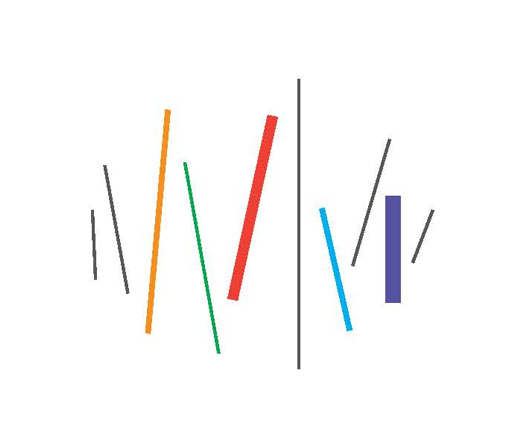Competitive research projects
The Art of Ethics in Youth Work
About project
Project basics
- Beneficiary: National Association of Youth Workers (NAPOR), Serbia
- Partners: Victoria University, Australia; APPJUVENTUDE – Associação Portuguesa de Profissionais de Juventude; Finnish Youth Research Society (FYRN); Institute for Social Research in Zagreb
- Financed by: EU programme Erasmus + (KA 2)
- Project duration: April 6, 2021 – December 13, 2022
Project description
The project aims to improve the quality and recognition of youth work through advancing ethical frameworks on policy and practical level, in Europe and beyond.
Specific objectives of the project are:
- To raise awareness of youth workers and policy makers on importance of ethics for recognition of youth work.
- To explore benefits and limitations of existing policies and supporting mechanisms in the context of ethics in youth work in Europe and beyond through evidence based data.
- To build capacities of youth workers by increasing competences for moral and critical reasoning.
- To increase quality of youth work by introducing innovative supporting methods and tools related to ethics in youth work.
- Creating synergies among European and partner countries through exchange of practice and establishing cooperation in the field of youth work.
The project is giving base for future evidence based research and work on ethics as part of youth work education. Project raises awareness on importance of ethic in youth work and how ethic influences quality and professionalization of youth workers. In addition, the project will develop cooperation among stakeholders and institutions on local, regional and international level. All implemented activities will be widely promoted online and in media in order to have the largest impact possible on youth work and educational society in Europe and Australia.
The research proposed within the framework of this project builds on the results of the follow up phase of the ‘Mapping of education and carrier pathways of youth workers in Europe’ project conducted by EU-CoE youth partnership in 2018. This research particularly relies on the results of the analytical paper on ‘Ethical standards in youth work – And how they support the development of education and career pathways of youth workers’ created in this context, providing a mapping of the existing ethical standards and Ethical codes in youth work in Europe and beyond, and calling for the additional empirical research focused on implementation of ethical standards and further policy level development. Along this line, partners of this project will map:
- the support mechanisms for the implementation of ethical standards and development of quality ethical youth work practice in Europe and beyond;
- what is the interplay between the ethical framework, youth work quality and youth work recognition and how is youth work ethical framework influencing cooperation with other sectors.
The outcomes of these empirical research studies should be the conclusions and recommendations for improvement of quality ethical youth work practice in Europe and beyond. Two curricula on ethics in youth work will be developed and tested within the project. The first one will answer to the needs of youth work practitioners educated within NFE, while the second one will be developed and tested through for higher education. The first step will be screening of similar curricula in Europe and Australia to map and analyze the existing study programmes. It will combine quantitative and qualitative research methods (online questionnaires, focus groups and interviews). Based on curricula and training scheme developed within NFE framework, five days transnational training course for 20 youth workers will be realised. MOOC training, the first edition of a massive open online course on ethics in youth work, will also be created. Online awareness raising and educational campaign on importance of ethics in youth work will be an ongoing activity. The content and visual identity of the campaign will be drafted and checked through focus groups consisted of youth workers from all partner countries in order to make it sensitive to cultural context of all involved countries.
Logo

